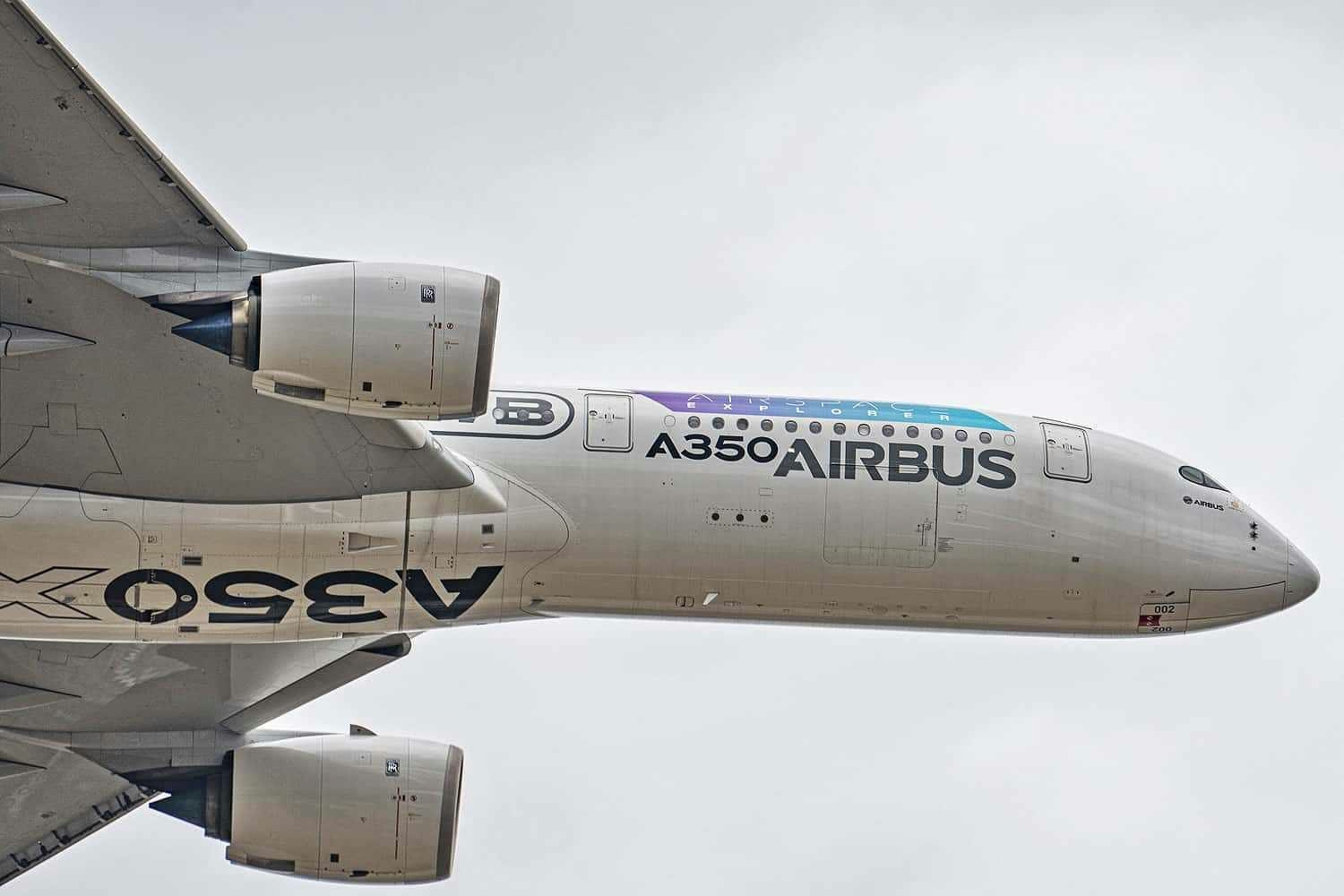AeroGenie — Your Intelligent Copilot.
Trending
Categories
Abra Group Orders More Airbus A320neo and A350-900 Aircraft

Abra Group Expands Fleet with New Airbus A320neo and A350-900 Orders
Abra Group, the parent company of Avianca, GOL, and Wamos, has confirmed a firm order for 50 Airbus A320neo and five A350-900 aircraft, building upon a memorandum of understanding announced earlier this year. This acquisition forms a key part of Abra’s strategic plan to expand its fleet, improve connectivity across the Americas, and extend its network into Europe.
Enhancing Capacity and Efficiency
The Airbus A350-900, which accommodates between 300 and 410 passengers, will become the largest aircraft in Abra’s fleet, surpassing the Boeing 787-8 Dreamliner currently in operation. The A350-900 offers a range of up to 9,700 nautical miles and delivers a 25% improvement in fuel efficiency compared to previous-generation widebodies. Its noise emissions are also reduced by 50%, aligning with the aviation industry’s increasing focus on environmental sustainability.
The A320neo family, recognized for its advanced engines and Sharklet wingtips, provides a 20% fuel efficiency improvement over earlier single-aisle models. Avianca, which already operates 36 A320neo jets, is scheduled to receive its first A320neo featuring the updated Airspace cabin in 2025, enhancing passenger comfort and experience.
Operational Deployment and Market Context
Abra Group has yet to specify which of its airlines will operate the newly ordered A350-900s. Avianca, with its established widebody operations, is widely expected to be the primary operator, while GOL Linhas Aéreas currently maintains a fleet composed exclusively of Boeing 737 narrowbodies. In a statement to investors, GOL revealed that the five A350s will be leased from Avolon, with options for two additional aircraft. The company emphasized that any airline within the Abra Group could operate the aircraft, with ownership and financing costs assigned to the respective operator. Final allocation decisions will depend on operational requirements, financial considerations, business opportunities, and the individual circumstances of each airline.
The market is anticipated to respond favorably to Abra Group’s order, given the A320neo’s widespread popularity and the A350’s reputation for efficiency. However, the group faces potential challenges, including rising fuel prices and increased maintenance costs, particularly for technologically advanced aircraft like the A350-900. Competitors are also adjusting their strategies: Lufthansa Group is streamlining its long-haul fleet around Airbus and Boeing widebodies, Cathay Group is focusing on larger aircraft such as the A320neo, Boeing 777-9, and Airbus A350, while Iberia is exploring in-house maintenance for its A350 fleet to enhance cost control and operational efficiency.
Abra Group’s latest order highlights its commitment to fleet modernization and strengthening its competitive position amid evolving industry dynamics and cost pressures.

Capital A Completes Sale of Aviation Business to AirAsia X

Four Gateway Towns to Lake Clark National Park

PRM Assist Secures €500,000 in Funding

Should Travelers Pay More for Human Support When Plans Go Wrong?

InterGlobe Aviation Shares Rise 4.3% Following January Portfolio Rebalancing

Key Market Segments Shaping Airline Route Profitability Software

Locatory.com Gains Traction Among Aviation MROs and Suppliers

JetBlue Flight Makes Emergency Landing Following Engine Failure

58 Pilots Graduate from Ethiopian University

The Engine Behind Boeing’s Latest Widebody Aircraft
